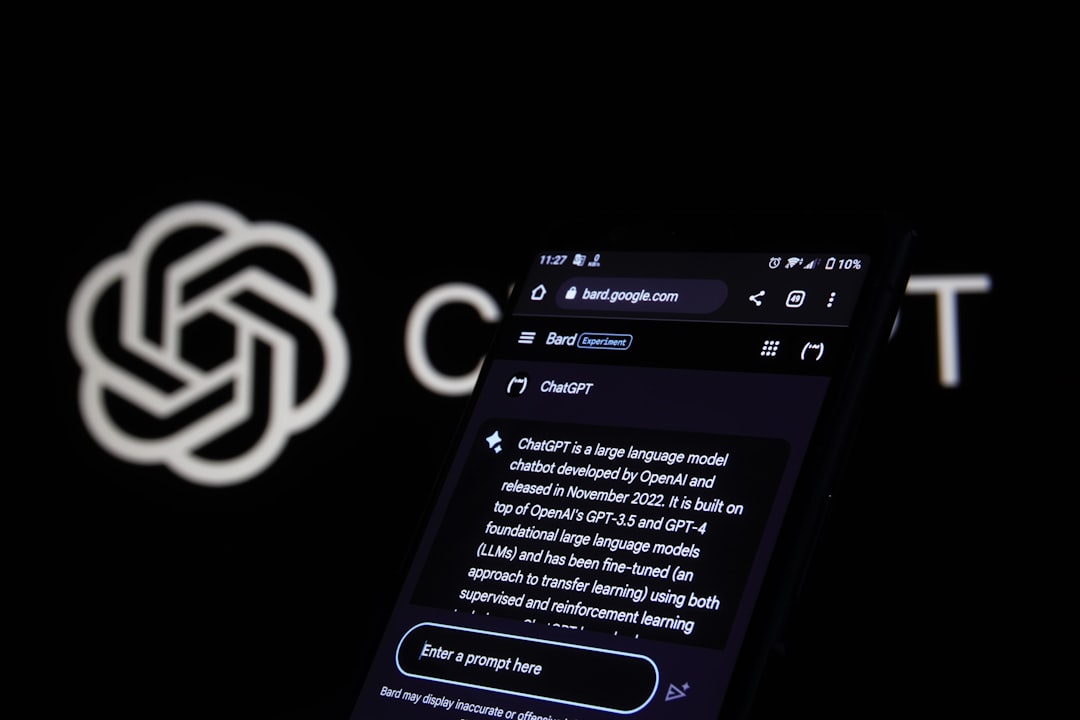Not to go all “Captain Obvious", but AI has reached peak saturation in 2023. There’s AI for writing, AI for selling, and of course, AI for making videos where famous people do funny things.
You can easily use AI to get better at using AI. 🤯
AI could even have written this entire post (spoiler alert: it didn’t) AND produced an audio version in the voice of James Earl Jones.

So, will AI come for our Ops jobs sooner rather than later?
I think the better (and more interesting question is:
How can we utilize AI to help us get more done and advance in our careers?
More than just content generation?
Many of the common AI use cases today focus on generating something new - a blog post, a funny video, or a photo-realistic image of a cat riding a spaceship jumping over a bust of Bill Murray. Not entirely applicable to most Marketing Ops teams.
I came across a great concept that describes one of the more impactful outcomes of artificial intelligence the other day from Nicholas Crown that should be very interesting to Ops pros.
In a short video discussing a new video editing tool he’s been testing (he does a lot on YouTube - check him out) he puts forward the idea that AI is “making unscalable things scalable”.
If you’ve ever worked in a startup environment, you might hear the phrase “do things that don’t scale”. This is a common piece of advice that companies hear in the Y Combinator program in Silicon Valley.
I feel like the idea that AI can make these non-scalable tasks scalable encapsulates a key area of value AI can provide for Mops teams today.
In your day-to-day responsibilities, there are inherently manual tasks that need to be done.
Many of these are manual not because of tool limitations or other technical reasons, but because they require a certain level of real or human input and reasoning. You’d try to automate them, but you know it isn’t worth it because you can’t replicate the human element. But what if you could, to a degree?
So how can AI help?
Take a common Ops task - cleaning up and enriching data in spreadsheets. You have two files, each one has some information about event attendees, but you don’t have a common key between the two to match everything up with 100% confidence.
Pre-AI, you could automate some of this using spreadsheet formulas and macros, but it would remain a time-consuming, error-prone task that required a human to “stare and compare” and make sure the data was accurate.
Using ChatGPT, you can upload the files and set a hierarchy of criteria to be used to facilitate matching up the data. This could include things like:
A high-confidence match, comparing individuals’ names and company information
A lower-confidence “fuzzy match” approach
Email generation, using known email address formats (i.e., firstname.lastname@domain.com, etc.)
A confidence score, grading the similarity of each match
When it’s done, ChatGPT can even generate a finished file of the compiled data in the format you need and have it ready for download when the analysis is complete.
This is just one example of a task that was previously time and attention-intensive that can now be offloaded to AI for at least the bulk of the work to get done.
While I’d previously pushed off spending a significant amount of time going down the AI rabbit hole, I’m now spending time looking at the projects I’ve got on my roadmap and identifying ways that AI can help me scale things that I’d previously considered unscalable.
If you’re a Marketo user, I’d highly recommend checking out the work Tyron Pretorius (read an interview I did with him here) is doing with ChatGPT and Marketo specifically - very interesting stuff.
As more resources are becoming available and the community surrounding AI (plug-ins, specific tools, examples and walkthroughs) seems to be getting more robust, I think an exercise like this may be worth some of your time as well. Happy-AI’ing!


